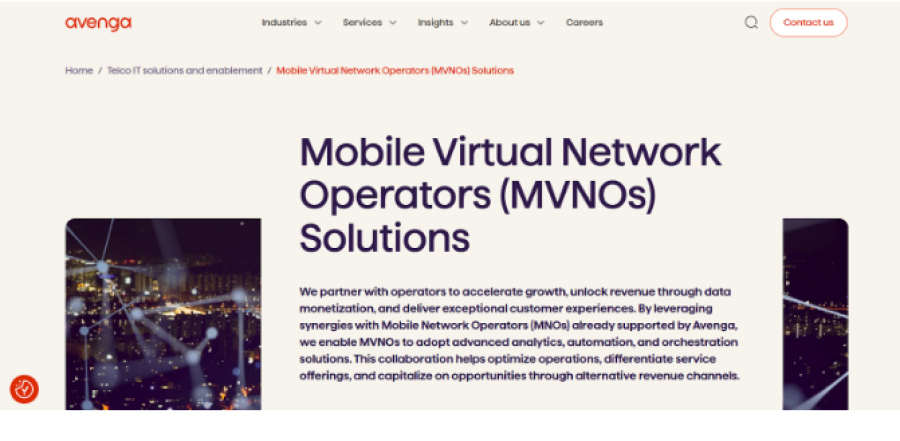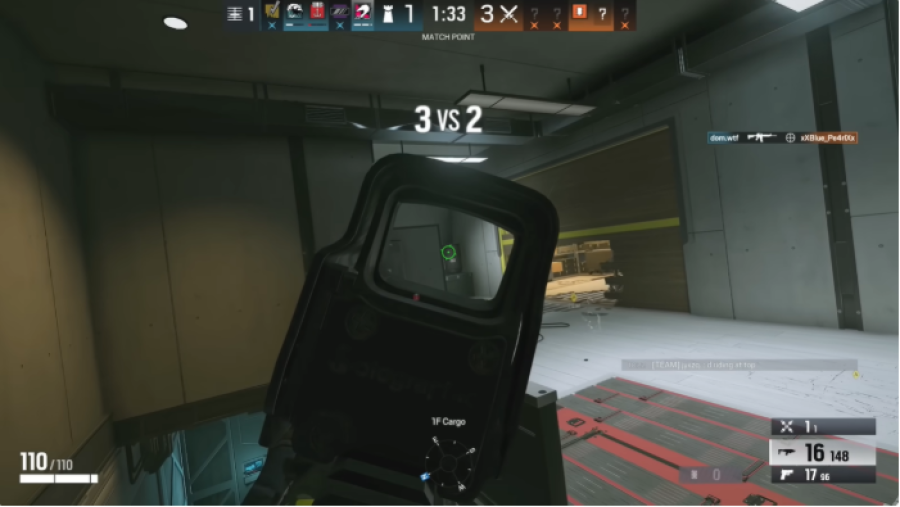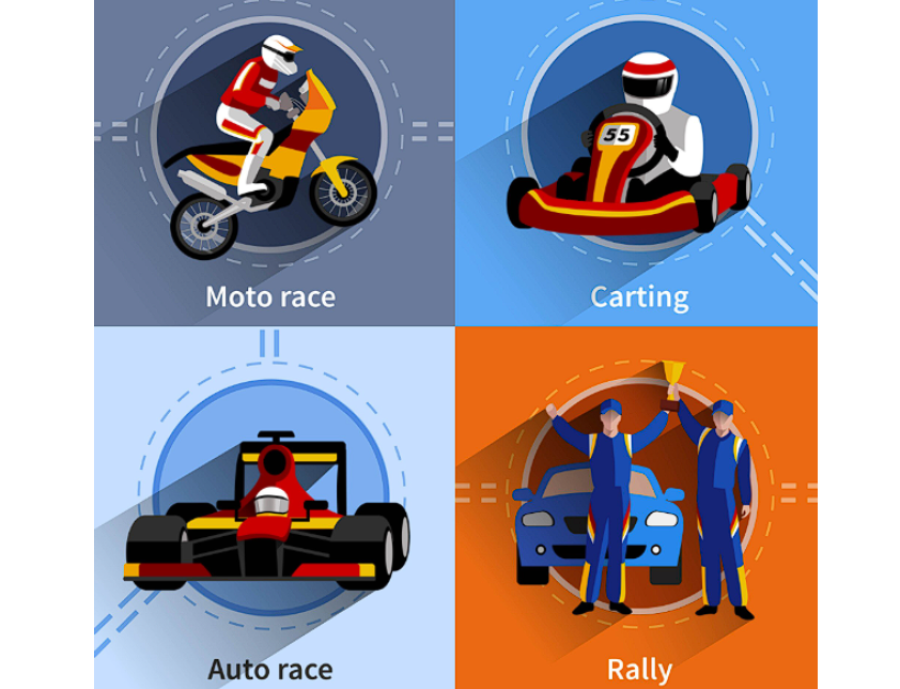For crypto platforms exploring entry into online gambling, Malta offers a compelling regulatory path. With its established reputation via the Malta Gaming Authority (MGA), operators can access European markets, banking services, and institutional credibility. However, key updates in 2025-including regulatory scrutiny from European systemic bodies-have introduced new compliance demands. Here’s what crypto operators must know before seeking an MGA licence.
Malta’s Crypto-Enabling Environment: Sandbox to Policy
Malta has been at the forefront of crypto-gaming integration. Since the MGA introduced its Blockchain Sandbox Framework in 2018, licensees have been permitted limited crypto activity in controlled environments, leading to broader DLT and virtual currency policies approved in early 2023. These now govern how operators may accept virtual financial assets-for instance, customer deposits in crypto or merging crypto-fiat flows-under strict AML/KYC and audit requirements.
Latest Developments: ESMA Review & Regulatory Tightening (2025)
In April 2025, the European Securities and Markets Authority (ESMA) launched a targeted peer review into Malta’s Financial Services Authority (MFSA), specifically examining its MiCA-based authorization and early supervision of Crypto Asset Service Providers (CASPs). ESMA’s concerns focused on whether the MFSA had fully addressed critical risk factors before issuing licences and whether oversight was sufficiently proactive post-authorization.
- Authorization gaps: ESMA found that the MFSA sometimes granted licences despite unresolved material issues-ranging from governance weaknesses, potential conflicts of interest, and IT system vulnerabilities, to oversight of decentralised finance (DeFi) elements-suggesting the regulatory evaluation was conducted too hastily and did not fully comply with MiCA expectations.
- Insufficient risk scrutiny: Certain risk domains-such as business growth forecasts, intragroup dependencies, custody arrangements, smart contracts, and AML/CFT protocols-were not adequately assessed during the approval stages.
- Need for stronger pre-emptive measures: ESMA recommended the MFSA ensure material deficiencies are resolved before licensing rather than relying on post-grant supervisory action. The review also highlighted the importance of thorough evaluation of CASPs' supervisory histories.
The MFSA responded by noting its expertise and resources were effectively deployed and reaffirmed that none of its MiCA-authorised licences are at immediate risk.
The broader significance of ESMA’s peer review lies in its intent to promote regulatory convergence across EU National Competent Authorities (NCAs). ESMA underscored that while targeted at Malta gambling license, the review serves as a model for baseline licensing quality throughout the EU-especially under MiCA’s unified market passport framework.
Finally, ESMA issued broader warnings via its July 11 bulletin: CASPs must avoid misleading marketing regarding regulatory status and treat regulated services distinctly from unregulated ones-a critical consumer-protection measure with implications for crypto-gaming platforms.
In summary, while Malta’s MFSA remains a well-resourced and capable regulator, 2025 brought sharper scrutiny and higher expectations. Crypto-gaming platforms eyeing Malta’s gambling licence must now prepare for rigorous governance, robust IT security, enhanced transparency, and verifiable conflict-of-interest structures in both application and ongoing operations.
DLT Policy & Crypto-Ecosystem Compliance
Under MGA rules, any operator wishing to accept virtual assets must seek approval via the license application process. Deposits or conversion between crypto and fiat must involve audited processes, clear exchange-rate reporting (based on month-end CET), and DLT oversight. Players depositing crypto must complete KYC within 30 days. Monthly crypto deposit caps (e.g. €1,000) apply during sandbox testing, and operators must verify wallet control before funds are accepted.
Gambling Licence Types: B2C vs. B2B & Crypto Activity
- B2C (Gaming Service) – Modules accepting player deposits (crypto or fiat), offering games of chance, peer-to-peer, or controlled-skill titles.
- B2B (Critical Gaming Supply) – Platforms or software providers that support licensed operators; includes DLT-based infrastructure providers.
Operators must clearly designate the advance role of crypto in the business plan, define DLT interfaces, and demonstrate full technical auditability under the updated policy.
Application & Audit Considerations
Crypto platforms must prepare for a thorough licensing process-commonly 4–6 months-and higher scrutiny around:
- Governance & Ownership – ESG-style disclosure, business conflict identification, and leadership competency review.
- IT Security & Audit Trails – Proof of RNG integrity, cold storage rigour, smart-contract vetting, and data resilience.
- AML & KYC Standards – Risk-based verification of crypto wallets, enhanced due diligence for large token transactions.
- Business Continuity & Regulatory Tech – Systems for monitoring suspicious behavior, reversible transaction tracking, and incident response.
Many crypto providers view Maltese licensing as the pinnacle of predictability-valued for its structured process and international status.
Benefits vs. Costs for Crypto Operators
Key Benefits:
- EU passporting under MiCA compliance
- Access to EU banking/payment providers
- Strong brand credibility and player trust
- Compliance leadership in crypto-gambling regulation
Primary Costs/Challenges:
- Minimum share capital (€40k – €240k depending on type)
- Rigorous due-diligence and technical audits
- Governance reviews and evidence of risk control
- Ongoing financial reporting (including IFR & AFR) under new MGA capital requirements policy.
Final Thoughts: Is Malta Right for Your Crypto Platform?
Malta remains a global standard-bearer when it comes to combining gambling regulation with crypto adoption. Though scrutiny has increased in 2025-especially from ESMA-the country’s regulators are actively refining frameworks to close identified gaps. For crypto platforms seeking legitimization in Europe, operational trust, and entry into mainstream payment systems, the MGA offers one of the most credible routes available.
Ensure strong preparation across governance, technology, AML/KYC, and player protection to navigate the heightened expectations-and secure your path to European iGaming markets.









